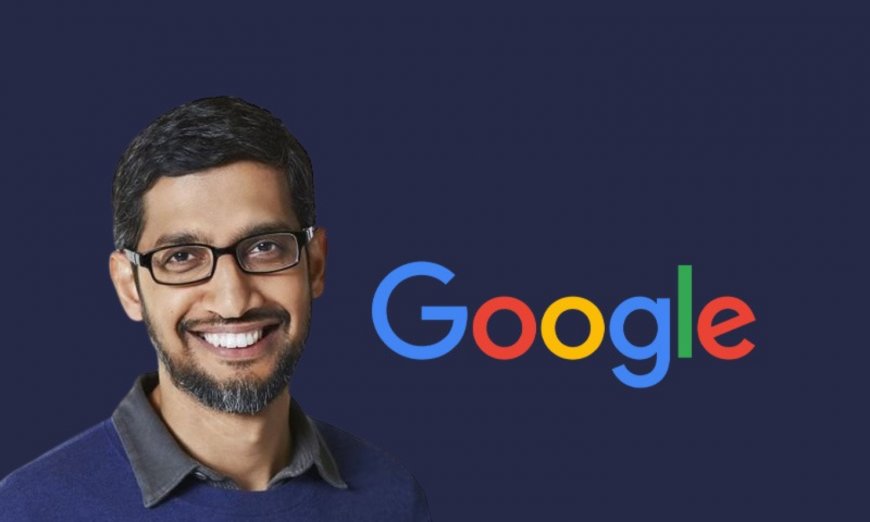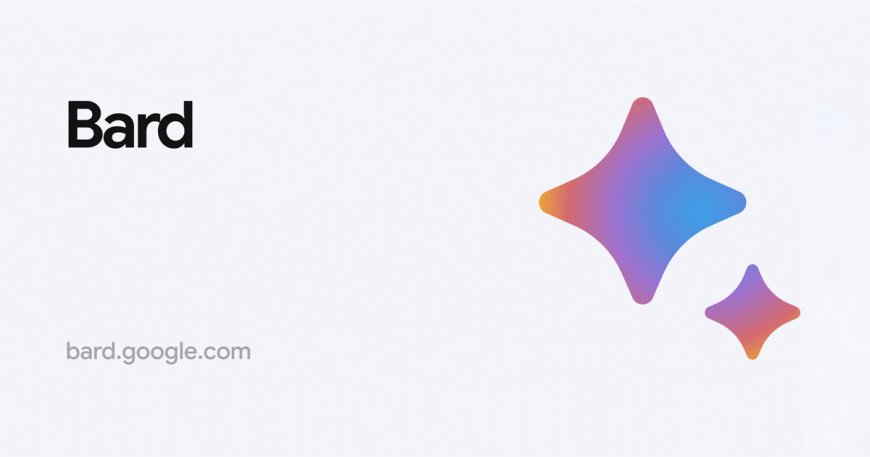How Google’s Bard is Taking on OpenAI’s ChatGPT 4.0: Sundar Pichai Explains
Google CEO Pichai mentioned new product features in Gmail and Google Docs as proof of the company's fast progress in realizing its ideas.

Google has been working on its own AI chatbot, Bard, which is expected to be unveiled at Google I/O 2023. Bard is Google’s answer to ChatGPT 4.0, the latest and most advanced natural language processing (NLP) system developed by OpenAI.
ChatGPT 4.0 was released by OpenAI in February 2023, and has been hailed as a breakthrough in AI research. ChatGPT 4.0 can generate realistic and coherent text on any topic, given a few words or sentences as input. ChatGPT 4.0 can also engage in conversations with humans, and even mimic the style and tone of famous personalities.
Bard is Google’s attempt to catch up with OpenAI, and surpass it in terms of AI capabilities. Bard is expected to be more advanced and versatile than ChatGPT 4.0, and will be integrated into various Google products such as Search, Assistant, Gmail, and more.
Why Google was late in launching its AI chatbot
Google has been a pioneer in AI research and development, and has been applying AI to solve some of the biggest challenges facing humanity today. However, Google was caught off guard by the launch of ChatGPT 4.0, which was seen as a threat to Google’s dominance in the AI field.
According to a New York Times report, Google activated code red internally following the launch of ChatGPT 4.0, and accelerated its efforts to develop its own AI chatbot. Google also faced some internal challenges, such as ethical concerns, legal issues, and technical difficulties.
In an interview with Business Today, Sundar Pichai, CEO of Google and Alphabet, explained why Google was late in launching its AI chatbot, and how it plans to compete with OpenAI.
“We have always been committed to advancing the state of the art in AI, and we have been working on our own NLP system for a long time. However, we also have a responsibility to ensure that our AI is aligned with our values and principles, and that it is safe and beneficial for society. We have been very careful and rigorous in testing and evaluating our AI chatbot before releasing it to the public,” Pichai said.
Read more about Bard and other AI products from Google here
Pichai also said that Google has a unique advantage over OpenAI, as it has access to a vast amount of data and resources that can help improve its AI chatbot.
“We have been leveraging our expertise and infrastructure in cloud computing, machine learning, and natural language understanding to build Bard. We also have a wealth of data from our products and services that can help Bard learn from real-world scenarios and user feedback. We believe that Bard will be able to offer more personalized and relevant experiences for our users across different domains and languages,” Pichai said.
How Google’s Bard is different from OpenAI’s ChatGPT 4.0
Google has not revealed much details about Bard yet, but it has hinted at some of the features and functionalities that will make it different from ChatGPT 4.0.
One of the main differences between Bard and ChatGPT 4.0 is that Bard will be more context-aware and goal-oriented than ChatGPT 4.0. While ChatGPT 4.0 can generate text on any topic, it does not have a clear purpose or direction for the conversation. Bard will be able to understand the intent and needs of the user, and provide relevant information or actions accordingly.
Another difference between Bard and ChatGPT 4.0 is that Bard will be more diverse and inclusive than ChatGPT 4.0. While ChatGPT 4.0 can mimic the style and tone of famous personalities, it may also inherit some of their biases or prejudices. Bard will be able to adapt to different cultures and perspectives, and avoid any offensive or harmful language.
A third difference between Bard and ChatGPT 4.0 is that Bard will be more transparent

